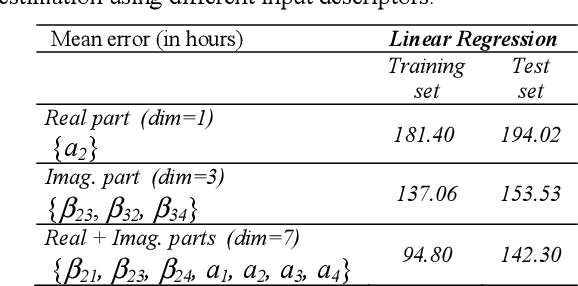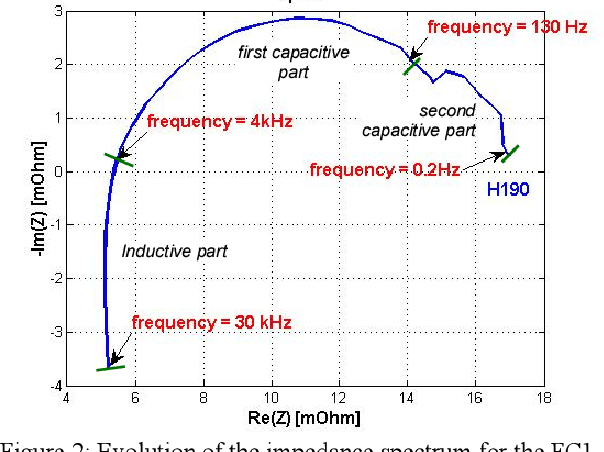Daniel Hissel
Time to Market Reduction for Hydrogen Fuel Cell Stacks using Generative Adversarial Networks
Dec 22, 2022Abstract:To face the dependency on fossil fuels and limit carbon emissions, fuel cells are a very promising technology and appear to be a key candidate to tackle the increase of the energy demand and promote the energy transition. To meet future needs for both transport and stationary applications, the time to market of fuel cell stacks must be drastically reduced. Here, a new concept to shorten their development time by introducing a disruptive and highefficiency data augmentation approach based on artificial intelligence is presented. Our results allow reducing the testing time before introducing a product on the market from a thousand to a few hours. The innovative concept proposed here can support engineering and research tasks during the fuel cell development process to achieve decreased development costs alongside a reduced time to market.
Supervised learning of a regression model based on latent process. Application to the estimation of fuel cell life time
Dec 25, 2013



Abstract:This paper describes a pattern recognition approach aiming to estimate fuel cell duration time from electrochemical impedance spectroscopy measurements. It consists in first extracting features from both real and imaginary parts of the impedance spectrum. A parametric model is considered in the case of the real part, whereas regression model with latent variables is used in the latter case. Then, a linear regression model using different subsets of extracted features is used fo r the estimation of fuel cell time duration. The performances of the proposed approach are evaluated on experimental data set to show its feasibility. This could lead to interesting perspectives for predictive maintenance policy of fuel cell.
 Add to Chrome
Add to Chrome Add to Firefox
Add to Firefox Add to Edge
Add to Edge